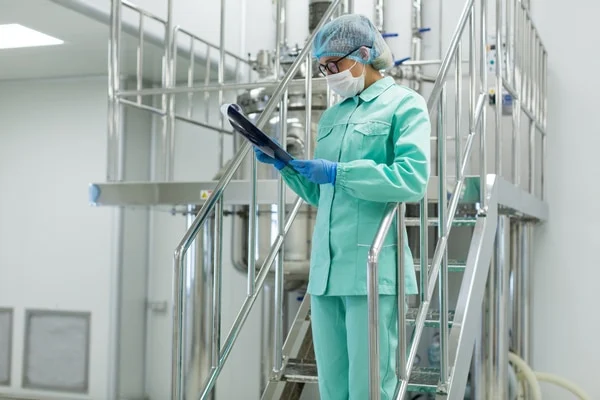Why is compliance with GMP for Herbal Medicines so important?
Plant-based medicinal products often pose additional patient risks compared to many other medicine types, e.g., if a medicine contains inconsistent percentages of active ingredients, or is contaminated/adulterated with moulds or bacteria. In addition to patient safety concerns, improper handling or disposal of these products (including manufacturing waste) can also cause significant environmental harm and negatively impact the agricultural economy if environmental protection protocols are not followed.
This article explains why herbal medicine manufacturers must understand and comply with relevant laws, including Good Manufacturing Practice (GMP) principles for plant-based medicinal products (such as EU Annex 7 or PIC/S Annex 7, which are aligned). Compliance helps prevent product contamination or adulteration, avoid GMP audit findings, and reduce the risk of fines, facility closures, or even criminal charges. This article is suitable for a global audience.

Importance of GMP for Herbal Medicines (plant-based medicinal products including supplements)
The majority of the world’s population consumes herbal medicines (plant-based medicinal products) and plant-based supplements. With the growing global use of both traditional and modern herbal medicines, along with the widespread reclassification of certain hallucinogens, the importance of robust quality assurance cannot be overstated.
GMP (Good Manufacturing Practice) is essential for ensuring the safety, quality, and consistency of all medicines. It refers to a set of legally required principles and quality assurance standards that manufacturers must follow. GMP also applies to herbal medicines and, in some regions, to certain plant-based supplements.
GMP compliance is becoming increasingly important as laws change around the globe, allowing broader patient access to new plant-based and herbal medicinal products.
Several herbal products on the market in the U.S., for example, have been found to contain contaminants such as human and animal faeces, moulds, heavy metals, and other harmful adulterants. Some products also contain levels of active ingredients that are far higher than stated on the product label.
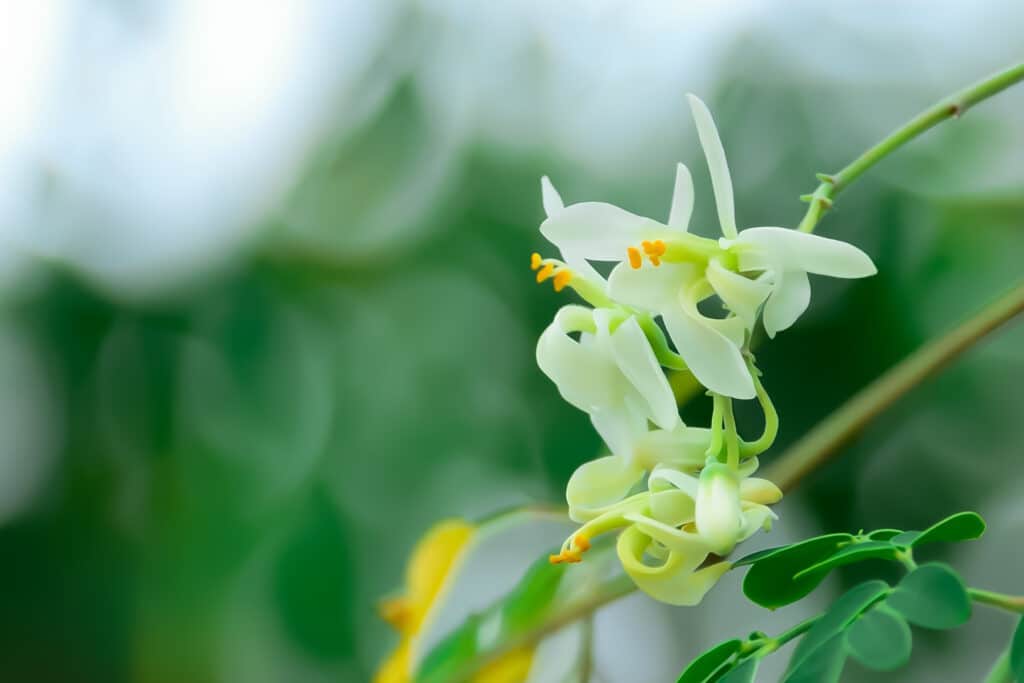
Ensuring product safety, consistency, and efficacy is essential to protect consumers and maintain trust in traditional and plant-based therapies.
Quality and safety issues can harm vulnerable patients and other industry stakeholders. Poorly made products can also lead to serious regulatory actions against manufacturers and their leaders, e.g., if a product fails to meet the conditions of the Marketing Authorisation, has inaccurate labelling, or is otherwise adulterated.
Adhering to GMP for herbal medicines helps to protect consumers, healthcare patients, manufacturers, business owners, distributors, healthcare professionals, and other industry stakeholders. It is a legal requirement in most jurisdictions.
Herbal Medicines GMP includes specific requirements to prevent adulteration, contamination and variability in starting materials, intermediates, and the final product.
- Variations in plant species, growing conditions, and processing methods can pose inherent risks to the quality and safety of herbal products.
- GMP for herbal medicines helps manage product risks by setting strict standards for materials sourcing and identification, production quality controls, packaging and labelling, product storage, and distribution.
- This reduces the risk of harmful or inconsistent products reaching patients and consumers.
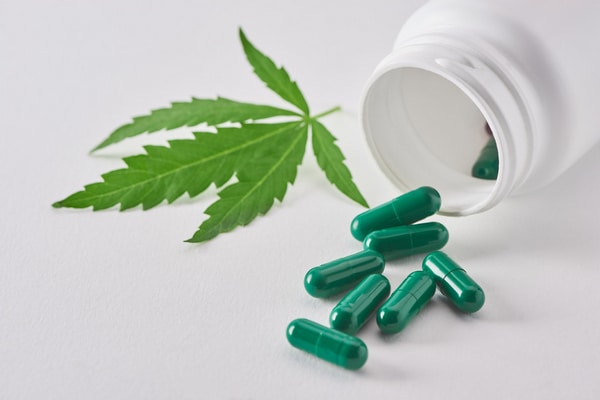
What are the risks of non-compliance with GMP rules for Herbal Medicines Manufacturing?
- Unlike synthetic pharmaceutical products, herbal medicines (including traditional medicines) require additional controls to manage unwanted/unauthorised variations in the final product.
- GMP rules reduce risks of product contamination and variability in active pharmaceutical ingredients (APIs)/potency (and efficacy), protecting patients, healthcare providers, and the environment.
Business owners and senior management can be held personally liable if their company releases harmful or unapproved herbal medicinal products to the market. Regulatory authorities have the power to order recalls, issue substantial fines, revoke licences and permits, and, in cases of gross negligence, pursue criminal charges.
Quality Assurance & GMP for Herbal Medicines
- Examples of GMP requirements and quality controls for herbal medicine manufacturing (covered in the online GMP course for Annex 7) include:
- Trained and qualified personnel including Quality Management & Operations personnel
- Supplier qualification and ingredient sourcing/identity confirmation
- Quarantine areas/separate storage areas and a clean, well-organised warehouse
- Pest control and plant disease control including preventing moulds
- Materials testing and contamination prevention throughout various stages of production
- Sampling (representative sampling)
- GMP rules for manufacturing/processing including drying and extraction
- Batch traceability recordkeeping and other GMP documentation
- As with all medicines, recordkeeping for herbal products must ensure full batch traceability and comply with ALCOA+ principles.
- Data integrity assurances are also mandatory to ensure transparency, reliability, and regulatory compliance.
Click here to read or download PIC/S ‘Version 17’ Annexes (GMP for Herbal Medicines is covered in Annex 7).
Adhering to GMP for herbal medicines gives consumers greater confidence in the product’s purity and effectiveness, and it makes sense to adhere to GMP to avoid API and product loss due to inconsistency of potency, impurities, and/or contamination. It is a legal requirement that manufacturers meet GMP requirements and other regulations, such as biosecurity laws, in order to access local (regional) as well as global markets.
Learn to comply with GMP for Herbal Medicines in our online training course.
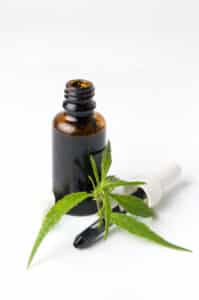
Complete the GMP Certificate Training course for PIC/S Annex 7: Manufacture of Herbal Medicines, suitable for a global audience. This GMP eLearning course includes an overview of other relevant laws and requirements, and will provide learners with a Certificate of Completion for Annex 7 (covering GMP for Herbal Medicines and other regulatory compliance expectations).
Given the growth rate of the herbal medicine industry, GMP for herbal medicines is more important than ever.
Why GMP compliance matters in the growing herbal medicine sector:
- Risks to product quality and safety are inherent due to variations in plant species, growing conditions, and processing methods.
- Complying with GMP, product-specific regulations, Marketing Authorisation (MA) conditions, and environmental protection laws helps ensure the safety, quality, and efficacy of plant-based medicinal products, herbal medicines, and herbal supplements.
FAQ: Are EU Annex 7 and/or PIC/S Annex 7 the only GMP guidance publications that apply to herbal medicines and certain supplements?
No. While PIC/S Annex 7 and EU Annex 7 (which are generally aligned) apply, many other regulations are relevant for herbal medicine manufacturing. These rules aim to ensure herbal medicinal products are consistently produced and meet all specifications/conditions, including environmental protections.
Cultivation standards and GMP rules for plant-based medicines generally include but are not limited to the following:
- GACP rules (cultivation stages), e.g. EU Guidelines on GACP/herbal starting materials
- Scientific standards set out in Pharmacopoeias (e.g., European Pharmacopoeia (12th ed), British Pharmacopoeia, United States Pharmacopeia, or Chinese Pharmacopoeia)
- Biosecurity laws including for importing seeds and seedlings for medicinal plants (Australia BICON example)
- PIC/S GMP Guide Part I and Part II
- Annex 2B (Biologicals) and Annex 8 (Sampling of starting and packaging materials) also apply.
- ICH Q7 – Good manufacturing practice for active pharmaceutical ingredients
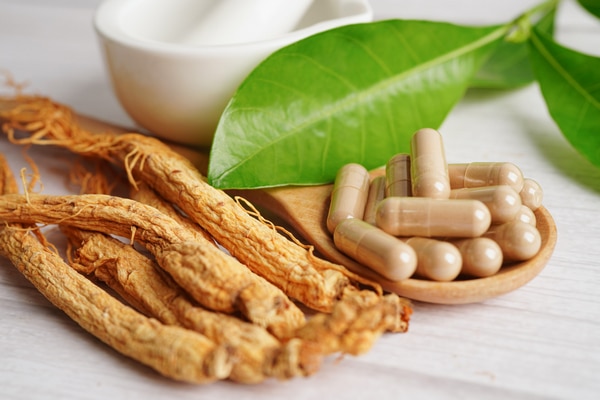
FAQ: Does EU Annex 7 or PIC/S Annex 7 apply to herbal supplements as well as medicines?
Not typically, but this can vary based on the product, benefits claims, and region.
In general, whether an herbal product is classified as a medicine or a nutritional supplement (regulated as a food) depends largely on the claims made by the manufacturer.
- If the product is marketed with therapeutic claims such as treating, preventing, or curing a disease, it is usually regulated as a medicinal product.
- If so, suppliers, manufacturers and distributors must meet stricter regulatory standards, including GMP for pharmaceuticals manufacturing.
- In contrast, if the product is promoted only for general health maintenance or nutritional support, it is often classified as a food or supplement.
- Food products and supplements are usually subject to different, usually less stringent regulatory frameworks (GMP for foods).
However, this distinction can vary by country.
Some jurisdictions, such as Australia, Canada, and parts of the EU, enforce GMP-like standards even for supplements and complementary medicines, especially when public health risks are higher.
In the United States, dietary supplements are regulated under the Dietary Supplement Health and Education Act (DSHEA) and must follow GMP for dietary supplements (21 CFR Part 111), which differs from pharmaceutical GMP.
Therefore, manufacturers must carefully consider both their product claims and the regulatory expectations of the markets they operate in, as this will determine classification, licensing, labelling, and GMP compliance obligations.
FAQ: Are EU Annex 7 and PIC/S Annex 7 aligned?
- Yes, they are aligned and contain identical phrases in many sections.
- PIC/S (Pharmaceutical Inspection Co-operation Scheme) adopts and mirrors many of the EU GMP guidelines, including Annex 7: Manufacture of Herbal Medicinal Products.
- The EU GMP Guide (EudraLex Volume 4) and PIC/S GMP Guide share a common structure and wording, especially in Annexes that cover specific product types or processes.
- When updates are made by the European Medicines Agency (EMA) to EU GMP, PIC/S typically updates its version to stay aligned (harmonised).
Summary of importance of GMP for herbal medicines and other pharmaceuticals:
- Compliance with Good Manufacturing Practice (GMP) principles and other industry standards is mandatory (not optional) for manufacturers and their personnel including contractors.
- Failure to do so not only risks patients and the environment, but can lead to serious consequences in terms of product wastage, recalls, revoked manufacturing licences, facility closures, and financial penalties and criminal charges (jail time),
For personnel who need to understand GMP rules for herbal medicines, you can order the Annex 7 eLearning course covering GMP rules for herbal medicines manufacturing.
Our Annex 7 course is based on PIC/S GMP Guidance for herbal medicine manufacturing; and that standard is aligned with the EU Annex 7 for herbal medicines, meaning this course will suit a global audience. Learners should still download and read the Annex 7 guidance publication; ideally before and after completing the GMP compliance training course.
Remember that other Annexes, regulations and quality management/risk management standards will also apply.
Initial and ongoing GMP compliance training for personnel, contractors and suppliers, along with adequate Supervision (and supplier audits), are key principles of GMP compliance.

For other GMP training including the GMP Guide Part I and Part 2, sterile manufacturing, and Good Recordkeeping training, visit the Online GMP Training page.


